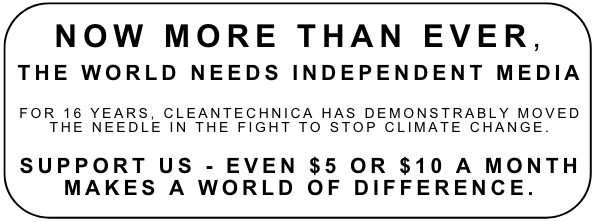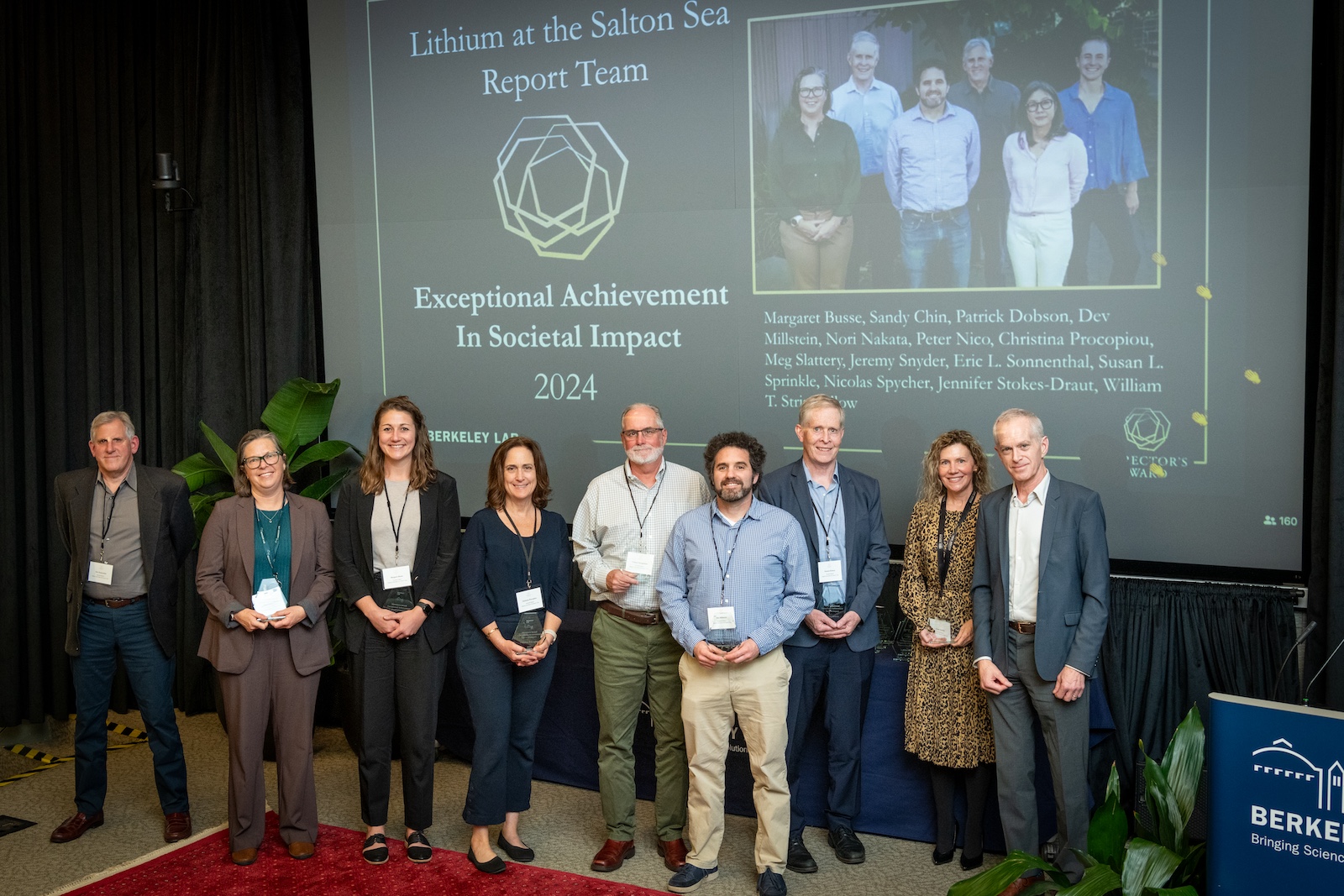
Sign up for daily news updates from CleanTechnica on email. Or follow us on Google News!
If electric cars are the cars of the future (and they are), then batteries are sort of the gasoline of the future (well, really, they should be considered the gas tanks of the future … but gas tanks aren’t nearly as valuable, technical, or worth discussing). What’s in those batteries is a variety of refined metals — lithium, nickel, perhaps cobalt, iron, etc. Those are essentially the oil of the new electric transportation era.
We are extremely accustomed to the idea that we should get more of our oil domestically in order to not be at the whim of big oil-producing countries not friendly to us. For whatever reason, that mindset took a long time to transfer on the matter of EV battery metals. However, it’s been taking hold in the past couple of years, and the Biden administration did a lot to make domestic mining and refining of EV battery metals a priority.
One team that has helped a bit in this regard is the team that wrote the report “Characterizing the Geothermal Lithium Resource at the Salton Sea.” Now they’ve won an award for that report. They just won the 2024 Director’s Award for Societal Impact from the Lawrence Berkeley National Laboratory (LBNL).

“The annual LBNL Director’s Awards program recognizes significant achievements of Lab employees, with the Award for Societal Impact specifically acknowledging outstanding research that furthers solutions to large social problems or pressing societal questions.” Yes, this is an internal award at LBNL.
The US Department of Energy writes a bit more about the report, the award, and how it’s all helpful:
“In this case, the question is: How can the United States find and extract lithium domestically?
“A relatively rare element and critical mineral, lithium is a metal found in rocks and subsurface fluids called brines—including the brines used in geothermal electricity generation. It is the major ingredient in the rechargeable batteries found in phones, hybrid cars, electric bikes, and even large, grid-scale storage batteries. However, a large portion of the lithium currently used in the United States is imported. The Geothermal Technologies Office (GTO) funds efforts like LBNL’s lithium report to help the nation find and access domestic lithium in conjunction with geothermal power production.
“The report team helped answer the domestic lithium question by providing the most comprehensive assessment to date of lithium in the Salton Sea geothermal region, one of the largest known lithium deposits in geothermal brines. GTO funded the characterization research and analysis to provide better understanding of that resource and the opportunities and challenges associated with developing it. In addition to quantifying the potential lithium resource, LBNL’s analysis outlines scenarios for optimizing geothermal energy production and sustainable lithium extraction. The analysis concluded that total lithium resources in the region could produce more than 3,400 kilotons of lithium, enough to support over 375 million batteries for electric vehicles.
“The team also prioritized community engagement. The Salton Sea region has a history of environmental issues resulting largely from evaporation of the lake, making residents sensitive to research and development in this ecologically important area. While preparing the report, the LBNL team took special care to connect with local communities and understand these concerns by conducting an outreach visit including Q&A sessions with community members in Niland and students at Imperial Valley College. The team developed a Frequently Asked Questions document about the report and its findings, making this highly technical work accessible and engaging for more audiences. The report also creates best practices and provides recommendations on how future research efforts can address community concerns and implement more community-engaged practices.
“This award-winning LBNL team has created pathways forward for lithium extraction in the United States and provided a framework to ensure that communities impacted by energy research have a say. To continue this vital work, GTO is funding the laboratory for a second phase of this project, which will include improvements to the models, assessments of other critical minerals present in the region, and expanded community outreach. To learn more about GTO’s research and development around lithium extraction from geothermal brines, visit our website.”
Sounds good. Progress. Let’s see how long it lasts under the new administration.

Chip in a few dollars a month to help support independent cleantech coverage that helps to accelerate the cleantech revolution!
Have a tip for CleanTechnica? Want to advertise? Want to suggest a guest for our CleanTech Talk podcast? Contact us here.
Sign up for our daily newsletter for 15 new cleantech stories a day. Or sign up for our weekly one if daily is too frequent.
CleanTechnica uses affiliate links. See our policy here.
CleanTechnica’s Comment Policy




